By Stephanie Copus-Campbell, Executive Director, Oil Search Foundation
Can family and sexual violence (FSV) be more than the humanitarian concern that we know it to be? The answer is yes. In Papua New Guinea (PNG) FSV has been quantified as a significant cost to business. For example, for one company recently surveyed in Port Moresby the cost was PGK 3 million in one year alone.
A common story is of a person, most often a woman, who experiences FSV and is distracted at work, worried about her safety and that of her children. She may miss days at work because of injury or mental stress. She is concerned that disclosing her situation will only create more problems, so she remains silent and is increasingly exhausted from pretending everything is fine. Her job performance suffers, she is disciplined by her supervisor and this causes even more stress.
Now let us propose a different scenario. The same woman walks into a workplace that is actively committed to immediate, practical support to staff. She has access to safety planning, counselling, legal advice and, if required, to a safe haven. She is aware, as are her colleagues, that her company will help her and that there is a safe space to share her situation.
Such is the direction chosen by Bel Isi PNG (Peaceful PNG): to tackle the problem from the angle of the economic impact on the workplace. The initiative has the dual purpose of benefiting both individuals and companies.
Bel Isi PNG’s innovation is three-fold. First, it takes a strong partnership approach involving all sectors – government, private sector, and community. Second, it increases resources for support through asking companies to pay subscription fees. Finally, it galvanises leadership, both male and female, to prevent violence and improve services. Combined, this model is a world-first public-private partnership to address FSV.
Bel Isi PNG started with donations – a building to be used as a safe house from Bank of South Pacific and an office space from Steamships Trading Co for a case management centre. The Oil Search Foundation agreed to design, manage and help fund the project, and the Australian Government stepped in with significant financial backing. Since the initiative was launched G4S, a local security firm has donated 24 hour free transport from an unsafe location to a safe one, Nine Mile Farm and Stop and Shop local producers have donated regular food supplies, Brian Bell, a local homeware store is giving furniture and cleaning supplies and PNG Power all of the power. The operation of Bel Isi services by Femili PNG, a PNG NGO, will assist survivors and support the existing network of services.
So, how does Bel Isi PNG work? Companies pay a subscription fee, and can steer their staff who need help towards targeted individual support such as medical care and counselling, police and legal resources, and shelter if necessary. This allows those experiencing FSV to better cope with their circumstances and return to work sooner and more focused. Bel Isi services will also assist public clients, with the case management centre and 24 hour transport support open to all.
Bel Isi PNG also offers potential for longer-term, deeper influence, as it gives companies help in drafting and implementing their own policies defining their response to FSV.
A clear, sustained company policy works in depth at shifting perspectives: as outspoken opposition to violence becomes part of the company culture, survivors are made aware of their rights and feel secure in the availability of help, whilst transgressors are warned of the consequence of their wrongdoings, at employment and at legal level, whilst they are supported to change their behaviour.
Inclusivity and collaboration are cornerstones of Bel Isi PNG. The combined reach of private, public and community efforts will provide easier access to support, and increasingly so, as the initiative grows. An annual executive Leadership Forum and quarterly newsletters will facilitate communication and provide a way to share innovative leadership initiatives to combat it.
In an inaugural Executive Leadership Forum held on 3 September, Australians Elizabeth Broderick, founder of the Australian Males for Change, and General Angus Campbell, Australian Chief of Defence Force and a seasoned champion of male commitment to gender equality, discussed FSV with PNG leaders from the private and public sector.
Around the table at the Forum were prominent names from the PNG economic and government scene. Governor Powes Parkop played a strong leadership role. All participants shared a common frustration with the impact of violence on their organisation, and the need to address it.
Through bold, collaborative action and active networking with kindred local and national initiatives, Bel Isi PNG participants will draw strength from each other, creating ripples converging to the shared awareness that FSV violence is simply unacceptable.
Bel Isi PNG is a potential game changer. It’s a public-private partnership that could bring about real change in PNG, and could set a positive example and precedent for the rest of the world.
To learn more about Bel isi PNG go to www.belisipng.org.pg
Stephanie Copus Campbell is Executive Director of the Oil Search Foundation, and a Board Member of Femili PNG.










